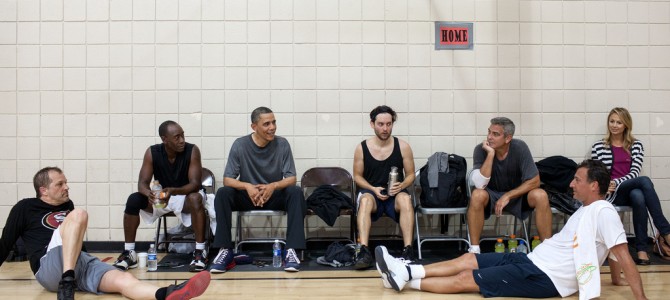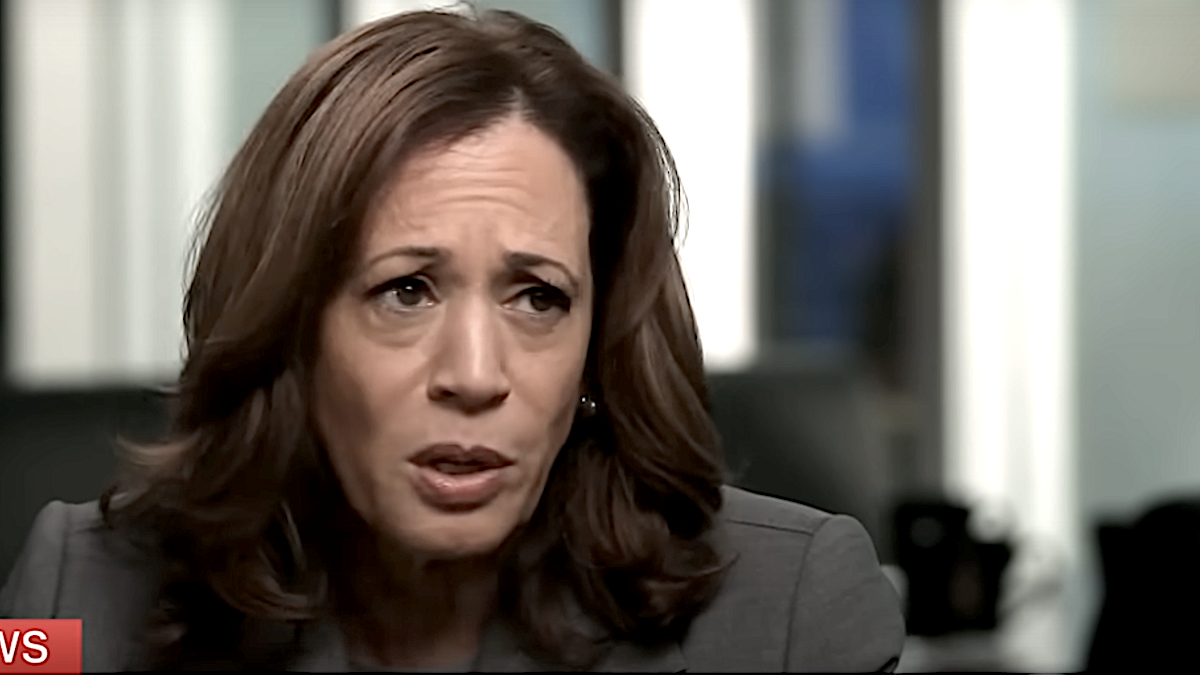
President Obama’s speech yesterday on inequality is being lauded as one of the best of his life, by people who paid attention to it. It’s a sad speech to read, in some sense, since it contains within it the promise of a presidency that we never saw come to fruition – the sort of policy effort that might have been launched to bipartisan success in the first year of his presidency, instead of his effort on Obamacare.
In context today, it comes after the point where most Americans have begun to tune him out, just as they do with nearly all second term presidencies. For the first time, Obama is now below 40 percent approval on every issue polled. As the Washington Post notes, even on issues where Obama looks to be in agreement with the American people, he’s now lagging terribly. Even Millennials are now down on Obama. Whether this is because Americans have lost faith in Obama personally, or just reached a threshold where they are tired of his presence on the screen, his call for an effort to combat inequality is falling on deaf ears.
And that’s just as well, since the president has things all backwards. Consider this passage of his remarks:
“A new study shows that disparities in education, mental health, obesity, absent fathers, isolation from church, isolation from community groups – these gaps are now as much about growing up rich or poor as they are about anything else. The gap in test scores between poor kids and wealthy kids is now nearly twice what it is between white kids and black kids. Kids with working-class parents are 10 times likelier than kids with middle- or upper-class parents to go through a time when their parents have no income. So the fact is this: The opportunity gap in America is now as much about class as it is about race, and that gap is growing.”
Does the president really not realize that he has the causation here completely backwards? He’s spoken eloquently in the past about the dangerous decline of fatherhood among the working class. It’s not that being poor means you’ll have absentee parents, it’s that absentee parents – particularly absentee breadwinners – means you end up poor. Where the middle class and upper class are better insulated from the consequences of the economic pain that comes from family breakups, the poor are not.
What does that mean? Well, it means you can’t afford to live in a place with a good school, and government policy prevents you from learning elsewhere; it means mom has to work two jobs and can’t take time off to take you to the dentist, which can’t be scheduled because you’re on Medicaid; it means you’re likelier to drop out and end up permanently ensconced on assistance programs because you never had the intact family pressure to stay in school and learn a skill.
The greatest elevator of people from lower class to middle class life is an intact household. Robert Rector has done plenty of digging on this, and the ramifications are staggering:

Income inequality is not primarily an economic problem. It is a problem of societal decline and the breakdown of family structures, accelerated by government but not solely by government. Barack Obama the family man could’ve made a difference in this regard, but decided not to. Instead, he embarked on an agenda which has been great for corporate America, Big Banks, and Wall Street, and generally terrible for wage growth and working families. Evan Soltas has a little piece here, frustrated that people are looking to get rich off Obamacare, wringing his hands about how “the expected increase in health-care profits has a whiff of rent about it.” What do you expect to happen when you make it illegal not to buy a corporation’s product which drives these profits? That’s who this presidency has been for all along. As Jeffrey Anderson notes:
The utter failure of Obama’s trickle-down-government approach is perhaps best captured by two contrasting stats. When he took office, we were a full year into a major recession. Economically, there was almost nowhere to go but up. And, indeed, that’s what the Dow Jones Industrial Average, which tracks the stock prices of 30 very large companies, has done: gone up. In January 2009, the Dow was at about 8,000. It’s now at about 16,000. It has essentially doubled on Obama’s watch.
Meanwhile, according to Census Bureau figures compiled by Sentier Research, the median American household income when the Obama household took up residence at 1600 Pennsylvania Avenue in January 2009 was $55,972 (in 2013 dollars). Now, nearly five years later, the median American household income is just $52,529. That’s a decrease of $3,443 – or more than 6 percent. And that’s during a “recovery”! If Americans’ median income were now merely the same (in real dollars) as during the recession, that would mark Obama’s tenure as a miserable economic failure. Instead, Americans’ median income has noticeably dropped. It’s important to note that these median-income figures include government payments, such as unemployment.
Today, Obama is describing inequality as “the defining challenge of our time”. But his agenda for the second term has been about everything but that. His second term has seen payroll taxes go up for all working Americans and a prioritization of immigration reform, gun control, climate change and a host of environmental issues which – while they might appeal to his allies on Wall Street and in Hollywood – have nothing to do with income inequality. In many cases, these policies are actually negatives for the working class, driving up the costs of goods and negatively impacting wages and working hours.
If this was the defining challenge of our time, why did he spend so much time on policies unrelated to it? Why did he go down a policy path which led in the opposite direction? And why, even today, is he bypassing any possibility of brokering a bipartisan effort to combat “the defining challenge” and instead prioritizing a clumsy, tired, politically dead-end solution – minimum wage hikes – which without question has a negative effect on low-skill job creation while aiding his powerful union allies?
It’s unclear why someone as uniquely positioned as Obama to speak to the challenges of being raised by a single mom – of having to rely on the support of relatives and family, and of the importance of such supports in determining success – put this issue on the backburner. Maybe Obama never really focused on the issue of inequality of opportunity before because he really doesn’t have a solution to the harder challenge of what’s really going on in the working class. The vacuity of his answers to the problems of inequality is illustrated in this line: “Kids with working-class parents are 10 times likelier than kids with middle- or upper-class parents to go through a time when their parents have no income.” You mean to tell me families with lower incomes are more likely to have lower incomes than families with higher incomes? How insightful. Tell me more about why we need another industry bailout.
Ben Domenech is the publisher of The Federalist. Subscribe to The Transom newsletter today.









